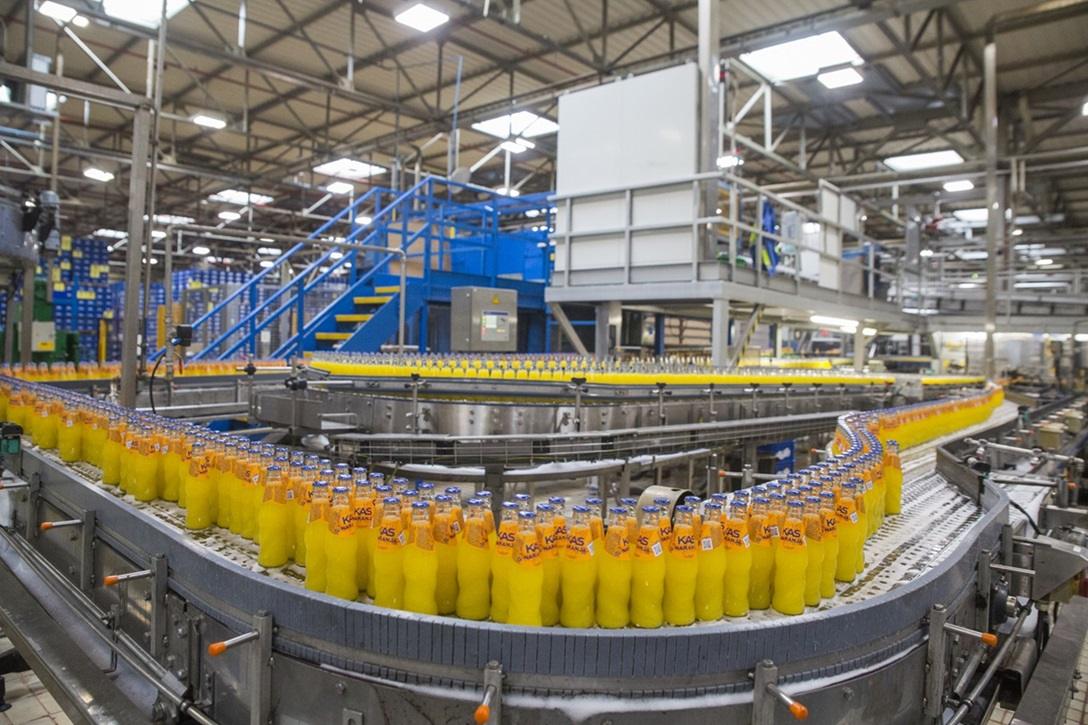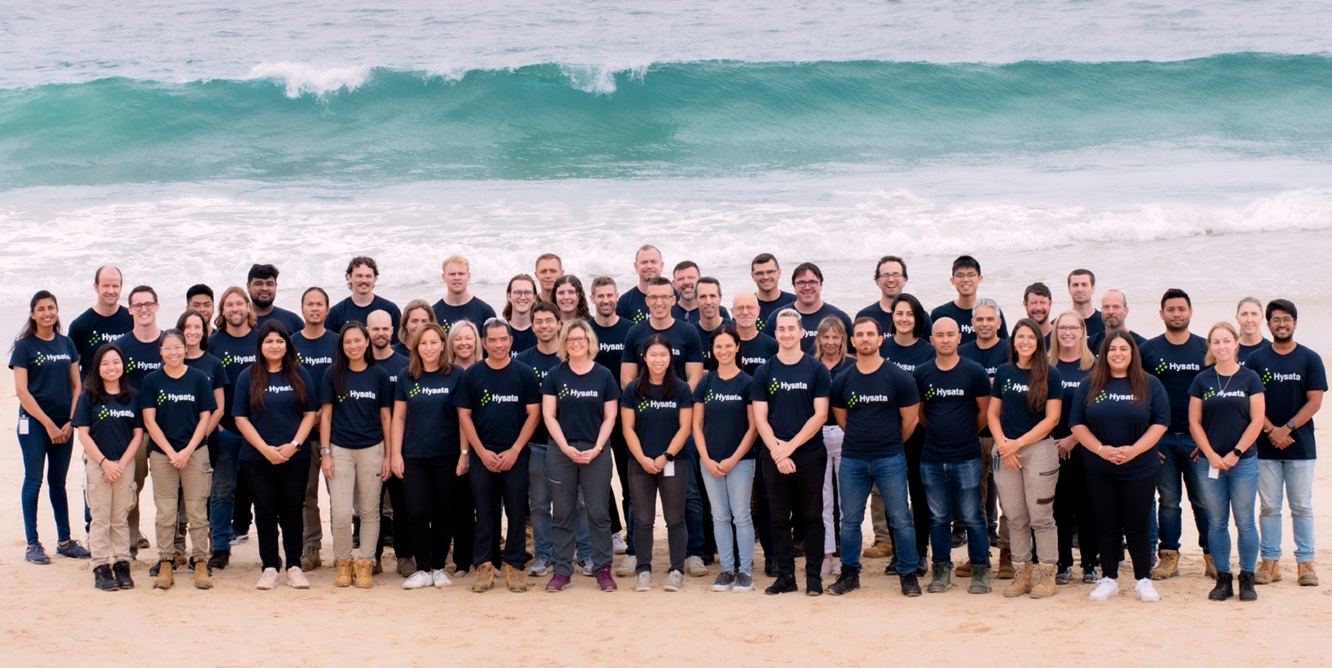First 100% Hydrogen-Powered Passenger Train Route Begins Operation in Germany
Rail transport manufacturer Alstom announced today that its hydrogen train, Coradia iLint, is now being used on the world’s first 100% hydrogen-powered passenger train route. The trains, operated by Germany’s Elbe-Weser railways (evb) on behalf of operator LNVG, emit only steam and condensed water.
The new hydrogen trains are intended to replace existing diesel-powered trains.
Henri Poupart-Lafarge, CEO and Chairman of the Board of Alstom, said:
“The world’s first hydrogen train, the Coradia iLint, demonstrates our clear commitment to green mobility combined with state-of-the-art technology. We are very proud to bring this technology into series operation as part of a world premiere, together with our great partners.”
Hydrogen is viewed as one of the key building blocks of the transition to a cleaner energy future, particularly for sectors with difficult to abate emissions, in which renewable energy solutions such as wind or solar are less practical. According to Alstom, one kilogram of hydrogen replaces about 4.5 litres of diesel fuel, noticeably reducing the burden on the environment.
The Coradia iLint is the world’s first passenger train to run on a hydrogen fuel cell that generates electrical energy for propulsion. The vehicle features clean energy conversion, flexible energy storage in batteries, as well as intelligent management of motive power and available energy. On evb’s network, the trains travel at speeds of 80 to 120km/h, with a maximum speed of 140 km/h.
Gas and engineering company Linde’s hydrogen refueling system will fuel the 14 passenger trains, enabling each train to run for 1,000 km emission-free on a single refueling. The system has a total capacity of around 1,600 kg of hydrogen per day, and has been designed with the ability to integrate on-site green hydrogen generation.
Veerle Slenders, President Region Europe West, Linde, said:
“Linde is committed to making a significant contribution towards decarbonizing transport in Europe. We are proud that Linde’s innovative technology plays a key role in supporting this project and establishing a blueprint for cleaner public transport systems around the world.”







